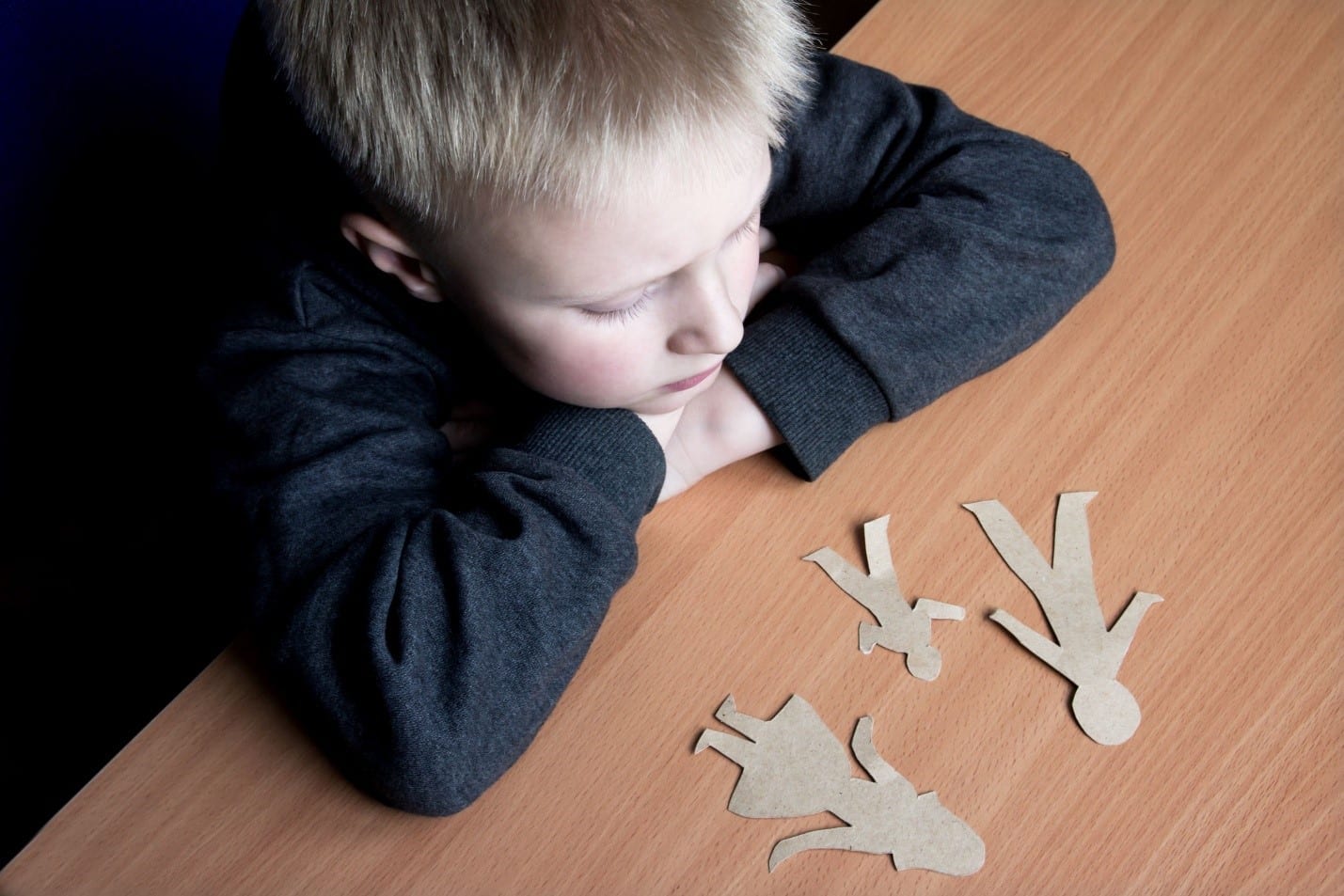How Does a Domestic Violence Conviction Affect Custody Rulings?
A domestic violence conviction can alter your life in many ways. One of the most important impacts a conviction can have is on current and future child custody arrangements.
Illinois law considers the best interest of the child paramount when ruling on a custody case. Consequently, custody cases often start with the presumption that it will not be in the child’s best interests to live with or have visitation from an alleged abusive parent.
In family courts, a conviction of a domestic violence-related charge—like domestic battery—will destroy any leverage you have when deciding custody arrangements. A more in-depth description of what constitutes domestic violence charges in Illinois can be found here.
Even if the alleged incident did not involve the child or children, a past conviction for domestic abuse can be used against you to argue that you are a danger to a child’s emotional, physical, mental, and moral health. Particularly in contentious divorces, this can lead a court to deny
you any visitation and custody rights.
Child Custody in Illinois
During the divorce proceedings, the courts must rule on a custody plan for both parents. There are two types of custody that the courts will rule on: “legal custody” and “physical custody.”
Legal custody refers to the legal power you have to make major decisions regarding the child’s development. This includes, but is not limited to, where the child goes to school, what kind of education the child receives, what kinds of medical care he or she receives, and the religion (or lack thereof) a child is raised under.
Physical custody is where the child will live, in addition to the visitation schedule with each parent. When determining physical and legal custody, the court will consider a number of factors:
- The wishes of each parent
- The wishes of the child
- The relationship that the child has will either parent, along with siblings, friends, and relatives
- The child’s adjustment and attachment to their current home and community
- The physical and mental health of each parent
- The physical and mental health of the child
- Each parent’s desire for the child to retain his or her relationship with the other parent
- The criminal record of each parent
- Whether either parent is a sex offender
- Whether either parent has a history of abuse toward the child or other parent
- Either parent’s history of violence toward the child or another person
These factors all have a profound influence of the way custody is scheduled, but the court pays special attention to any parent with a criminal history and/or a history of violence towards any person, especially the child.
Family courts try to do everything they can to ensure the child’s best interests are served. Thus, they will avoid putting the child in an environment they consider dangerous at any costs—even if it means denying a parent the right to see their child.
The Impact of a Domestic Violence Conviction
 At the beginning of every custody case, both parties are required to inform the family court of any criminal proceedings or protection orders related to domestic violence accusations.
At the beginning of every custody case, both parties are required to inform the family court of any criminal proceedings or protection orders related to domestic violence accusations.
Again, judges will do everything in their power to avoid putting children in a dangerous situation. They will rule against a parent if they believe there is a chance the child will be abused or endangered during visitation.
They are also wary of any evidence that a parent will use visitation as an opportunity to harass the other parent. This is another special concern in cases involving a parent with a history of domestic abuse.
If you have been accused of domestic violence charges, it is critical that you contact an experienced defense attorney as soon as possible. In addition to the criminal penalties that you face, there are a number of unforeseen consequences to conviction—like the elimination of your custody rights.
About the Author:
Andrew M. Weisberg is a former felony prosecutor who now serves as a defense attorney in the greater Chicago area. He has extensive experience in handling all types of criminal cases, from sex offenses and domestic violence to retail theft-related crimes, Murder, and drug crimes.







 Blog Home
Blog Home 










